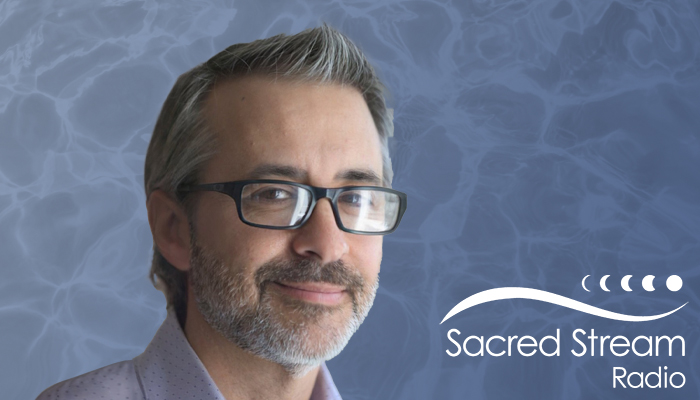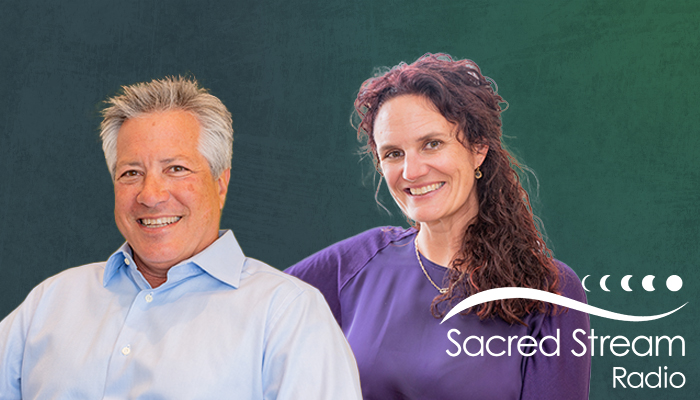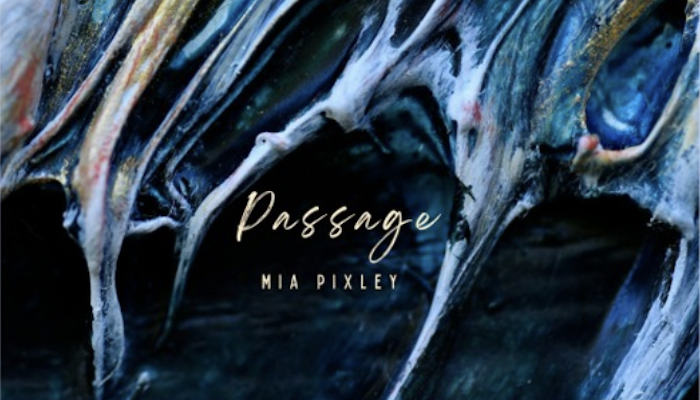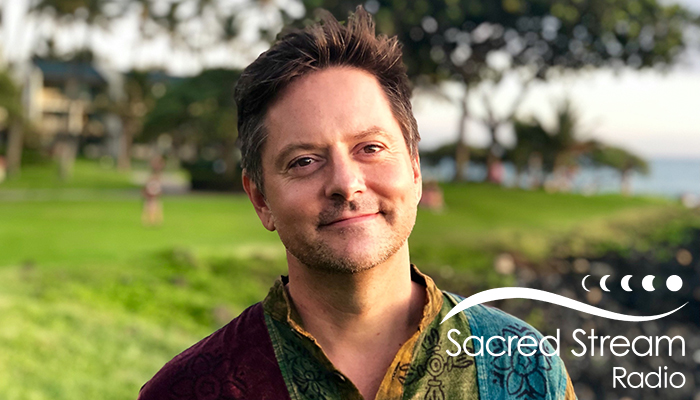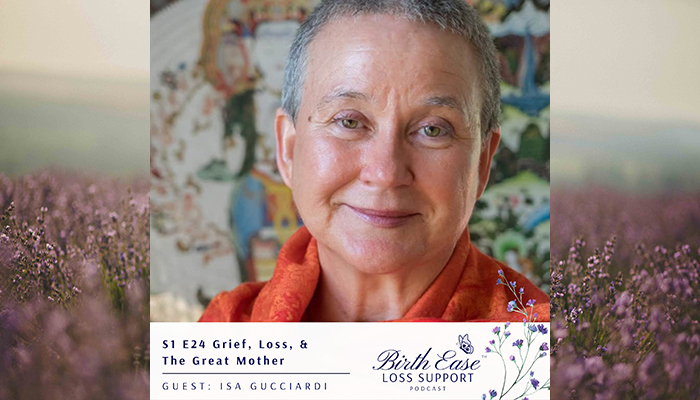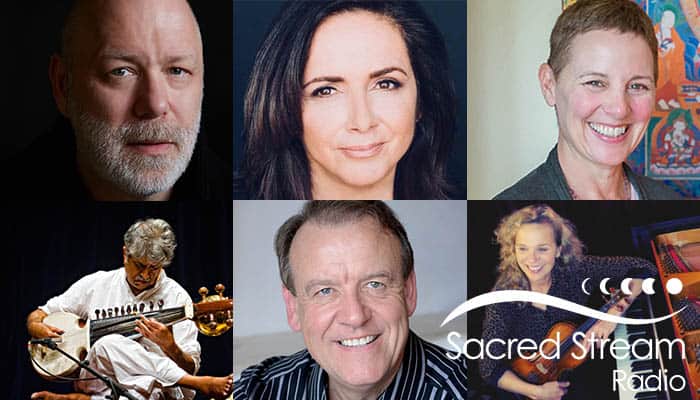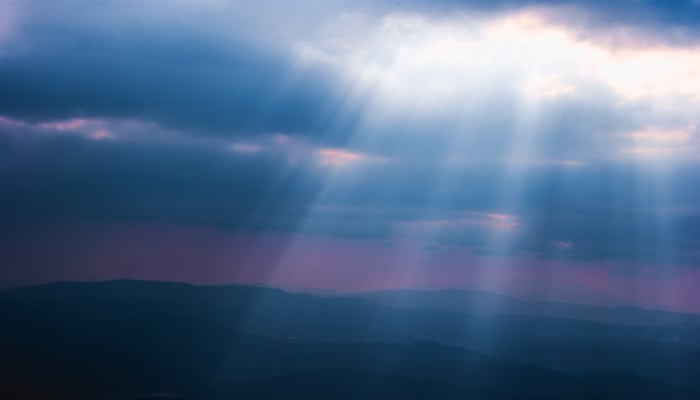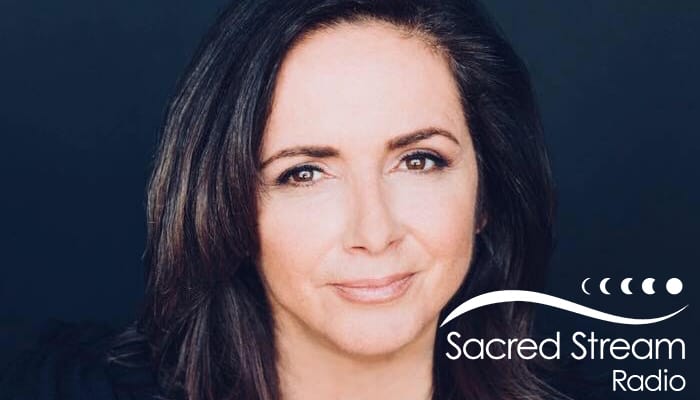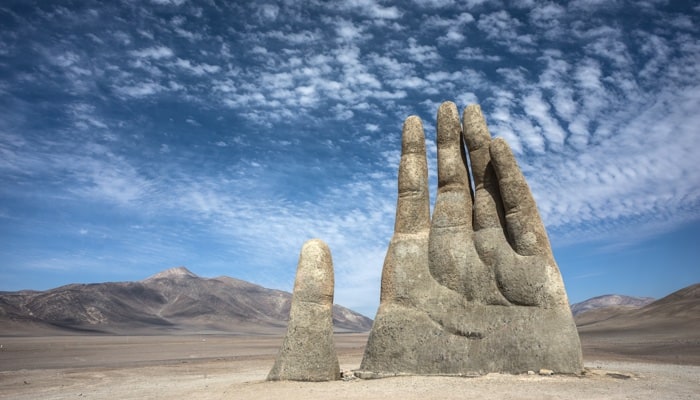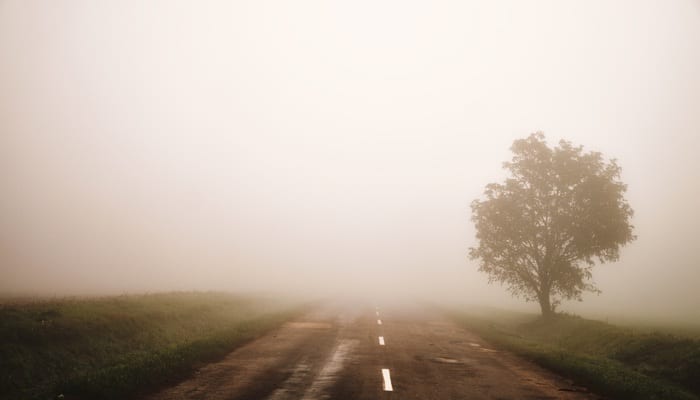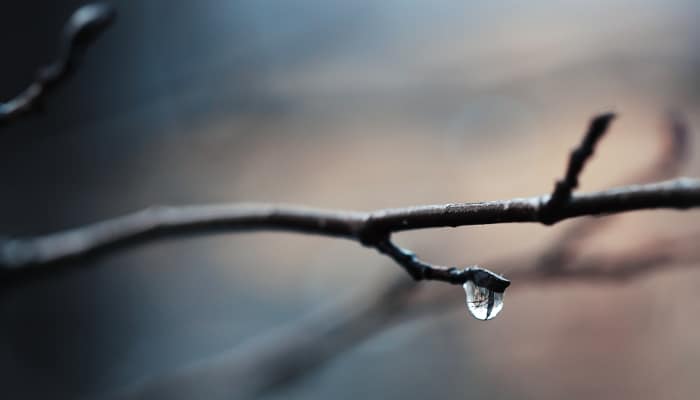Category: Grief and Loss
Podcast: Episode 129: John Tsilimparis: Flipping the Script on Grief
On this episode, host Laura Chandler is joined by therapist, teacher, and author John Tsilimparis for a powerful conversation about his latest book, The Magic in the Tragic: Rewriting the Script on Grief and Discovering Happiness in Our Darkest Days. Together, we explore the complexities of grief and how it can become a transformative path to healing and resilience.
John shares insights on emotional vulnerability as a strength, how anxiety can be harnessed as a tool for growth, and the role of creativity and inspiration in navigating difficult emotions. He offers practical tools for developing emotional resilience and reframing painful experiences to uncover meaning and joy, even in the midst of loss.
Podcast: Episode 114: Bob and Elizabeth Uslander: Empowered Endings
On this episode, Laura Chandler talks with the co-founders of Empowered Endings, Bob and Elizabeth Uslander. Bob is a medical doctor who worked in emergency medicine for over twenty years and Elizabeth is a social worker and spiritual counselor who spent many years working in hospice. Recognizing the limitations in the current healthcare model for people dealing with end of life, Empowered Endings provides an eco-system of support from medical assistance to counseling and other resources for people and their families navigating end of life. Their approach meets people where they are and offers assistance physically, mentally, emotionally, and spiritually. Empowered Endings is part of a movement to create a more informed and compassionate approach to ageing and death. You can learn more about Bob and Elizabeth Uslander and Empowered Endings at empoweredendings.com.
Special Announcement: Mia Pixley’s Passage
Passage is an interdisciplinary call and response poetry, music, and prose project inspired by grief and created at the height of the pandemic. The project hinges around a single poem written by poet, scholar, and psychoanalyst, Forrest Hamer, Ph.D. Dr. Hamer sent me, a practicing psychologist, cellist, vocalist and composer, his poem, Passage, after I had asked if he had any poems about the ocean – the greatest destroyer, life-giver, and in many ways, teacher of loss. Held by his words, Hamer’s poem spoke deeply to my feelings of grief. And I was inspired to create a series of musical pieces from his single poem. Afterwards, I shared the music with him. He was, in turn, touched.
Podcast: Episode 81: Paul Denniston: Healing Through Yoga
On this episode of the Sacred Stream Radio Podcast, Laura Chandler talks with author, yoga instructor, and the creator of Grief Yoga, Paul Denniston. In his new book, Healing Through Yoga: Transform Loss into Empowerment, Paul teaches the groundbreaking process of Grief Yoga in an accessible way. In their talk, Paul explains the concepts behind Grief Yoga, a process that uses yoga, movement, breath, and sound to help people move through and release pain and reconnect to life and love.
On the Air: Birth Ease Loss Support Podcast: Episode 24: Grief, Loss, and The Great Mother with Isa Gucciardi
In this interview with Birth Ease Loss Support Podcast host Michelle Smith, Isa Gucciardi provides insights from her over twenty-five years of experience in supporting the bereaved. She shares the initiations that women experience throughout their lifetime which include our own birth, puberty, menses, the first sexual experience with another person, giving birth, menopause, and death. Isa explains the Great Mother as a source of wisdom, creative intelligence, and nurturing that can bring comfort and healing into the journey and complexity of grief. Isa and Michelle also discuss holistic ways to support the grief process such as plants, herbal sprays, homeopathic remedies, and meditation.
Podcast: Episode 57: 2019: A Retrospective
This episode is a retrospective of some of the highlights of the past year. You’ll hear excerpts from Laura Chandler’s interviews with bestselling authors Dawson Church and Christina Rasmussen, Grammy nominee Barbara Higbie, and renowned channel and author Paul Selig. Our featured music includes songs from Barbara Higbie, Dan Walters, and master sarod player Rajeev Taranath, as well as Sacred Stream’s very own Katie Rudman and her duo, Heddwen.
Blog: Everybody Hurts: When Those You Love are Grieving
By Laura Chandler
As the REM song says, “Everybody hurts, sometimes.” It is the inescapable truth we all share as humans. We are going to experience pain. The holidays are a particular source of pain for people who have lost loved ones. Those celebratory holiday gatherings and fun parties can be a source of sorrow as they remind us of what is missing from our lives. Often times, for those who have lost a close friend or family member, the holidays are a time to withdraw, and a time to seek refuge in the quiet of solitude rather than the rush of holiday fervor. So, how do you help someone who is grieving?
Blog: Listening to Grief
By Isa Gucciardi, Ph.D.
Grief is an uncompromising teacher, but it can take you to depths within yourself and teach you things nothing else can. It is only when we sit down with grief and receive what it has to offer us that healing can begin.
One of the greatest teachings grief has to show us is that the world is not what we thought. This is important because we all have misconceptions about the nature of reality and about our agency in the world. It is common to become deluded about what is real and what is not real. Often people think they can avoid or control pain in an effort to generate a reality where it does not exist. In this way, delusion is the basis for suffering. It takes strong medicine to break through delusion, and grief offers this medicine by providing the opportunity to unravel our misconceptions about the nature of reality.
Podcast: Episode 50: Christina Rasmussen: Where Did You Go?
On this episode, Laura speaks with Christina Rasmussen, acclaimed grief educator, and the author of Second Firsts and Where Did You Go? She is the founder of The Life Reentry Institute and has helped countless people break out of what she has coined the “waiting room” of grief to rebuild their lives through her Life Reentry Model. She describes grief as a catalyst for redefining identity and introduces a new model of grief based on the science of neuroplasticity. Her institute’s mission is to bring forth a new way of speaking about and embracing loss within the medical, corporate, and social environments. Her work has been featured on ABC News, Washington Post, Maria Shriver, and the White House Blog.
Blog: Finding your Spiritual Path Part 2: Forgiveness, Blame, and Shame
By Isa Gucciardi, Ph.D.
My previous post began to address the spiritual crisis that many people experience when a spiritual or religious leader has harmed people and broken their trust. Those who don’t abandon their spiritual paths entirely are faced with the challenge of trying to incorporate the experience of betrayal into the way that they hold their faith or their trust. One challenge people face in this situation is that the spiritual authorities that harmed others are not always willing to take responsibility for their actions. They feel they cannot move on until the issue is resolved through those who have generated the betrayal taking responsibility and asking for forgiveness. Fortunately, even when spiritual authorities refuse to take responsibility, it is possible for the spiritual seeker to engage in an internal process of forgiveness.
Blog: Finding Your Spiritual Path Part 1: Understanding Betrayal
By Isa Gucciardi, Ph.D.
Since the movie Spotlight came out in 2015, more and more people have come to our classes at the Sacred Stream looking for a different path to spiritual understanding. Spotlight is about the efforts of a group of journalists from The Boston Globe who were directed by their editor, Marty Baron, to investigate accusations against John Geoghan, a Catholic priest who had been accused of molesting young boys in different parishes during his long tenure as a spiritual leader in the Catholic community. The movie focused not only on these distressing events but also on the way the Roman Catholic Church tried to keep the truth of these events from the public. The investigation revealed a massive cover-up at the highest levels of the Church of the effect of Geoghan’s actions, and pointed to similar occurrences and cover-ups over the course of many years by the Church.
Because Sacred Stream has long been known for its non-dogmatic, inclusive approach to the world of spirit, it has been a safe place for people to explore their difficulty in incorporating these events within the context of their faith.
Blog: Thinking about Grief
By Isa Gucciardi, Ph.D.
When I first read On Death and Dying by Elisabeth Kübler-Ross in the early seventies, I was thrilled that someone was actually talking about death. I had just moved to the United States, after having spent most of my early years in other countries. As I was trying to orient myself to the American culture, I had become acutely aware of the way no one around me really wanted to talk about things that I thought were pretty important – death, for example. I had resigned myself to watching television just so I would have something to talk about with the other teenagers at school, but it was not really that interesting to me.
Blog: Buddhist Perspectives on Grief and Loss
By Isa Gucciardi, Ph.D.
In Robert Thurman’s prelude to his translation of Bardo Thodol, commonly translated as The Tibetan Book of the Dead, he takes to task scientific materialists’ perspective that death is a terminal state, a state of nothingness where life is destroyed. He points out that these materialists “have never observed even one material thing become nothing. Why should the energy reality of a state of awareness [life] ……be the exception to the law of physics that energy is conserved and only transformed?”
I have always appreciated Dr. Thurman’s willingness to take on monolithic prejudices, in the name of science, in response to spiritual questions. I have always felt the wholesale rejection of notions such as the possibility of life after death and the existence of spirit was highly unscientific. In order to step into the universe of life beyond death from the Buddhist perspective, we have to allow ourselves to be disabused of the ways in which we may have unwittingly digested the viewpoints of scientific materialism on these subjects simply because they dominate in our education system.
Article: Reflections on Loss at the Winter Solstice
By Isa Gucciardi, Ph.D.
We are gathered here this evening of the winter solstice. This is the longest night of the year, and it is honored by many traditions as a sacred and rich time. In Latin, solstice means sun set still and winter solstice is the great stillness before the sun’s strength builds, and days grow longer. It is a time when everything lies dormant in the silent night. At this time of year, the earth reaches into the darkness of the winter night and our experience is driven by that darkness. The days are shorter and shorter as the nights invite us to focus more deeply inward, to reach more and more fully into the deepest recesses of our psyche.
Podcast: Episode 21: Perspectives on Grief and Loss
In today’s episode, Isa Gucciardi, Ph.D. discusses some common ways people relate to grief and to loss and some of the effects of these ways of relating. She also discusses the relationship between grief and loss.

